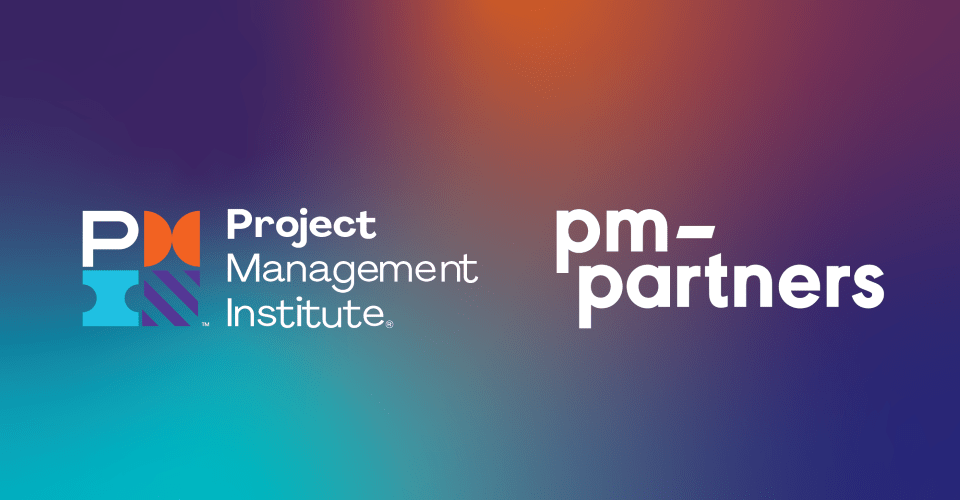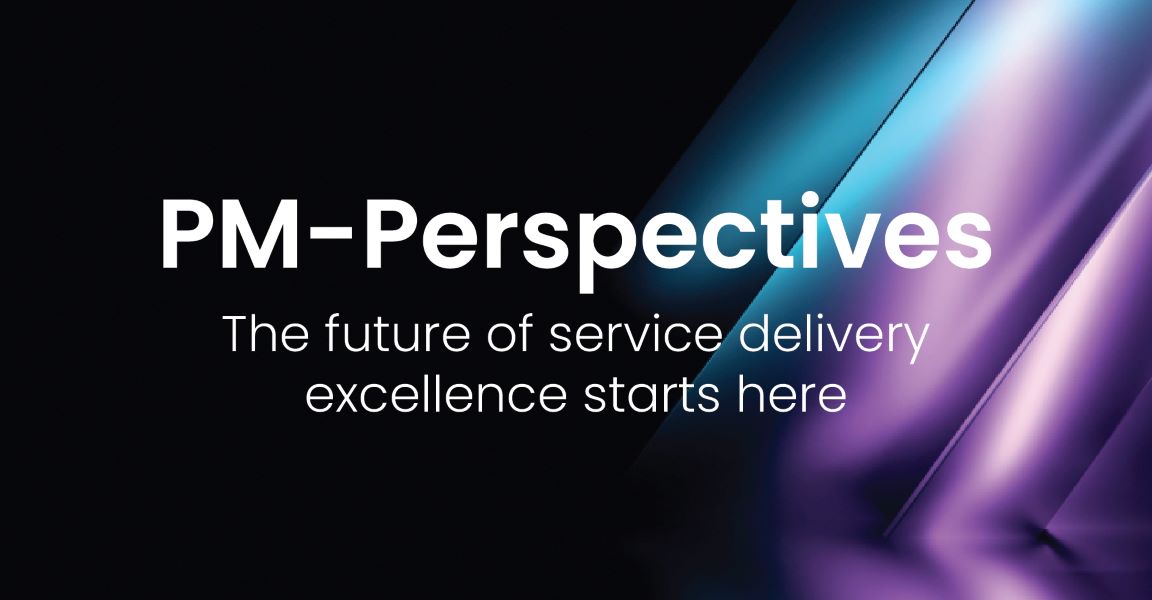5 tips to support your transition to Scrum

There is no magic bullet or one-size-fits-all approach to a Scrum transition – every organisation is unique so activities in preparation for becoming ‘Scrum ready’ will vary. But the following tips from Quinn Dodsworth, PM-Partners Agile Learning Consultant and Facilitator, will help to lay the right groundwork.
Implementing Scrum in an organisation where traditional methods have been firmly embedded may be challenging. But with the right approach, a proactive move to Agile/Scrum, where teams are more willing to embrace change and there is a more defined pathway for new initiatives, can prove to be less of an uphill battle than you think.
Based on industry best practice and our experience, here are some tips to increase your chances of successfully preparing to adopt Scrum in your organisation:
Tip 1: Gain and maintain executive support
Acquiring executive support to champion the transition to Scrum is critical. As SCRUMStudy states: “Unwavering and holistic executive support is one of the primary requirements for Agile to work in a large organisation”. Adoption of Agile/Scrum should be treated like any other initiative – gaining sponsorship and high-level stakeholder support should be a top priority.
Subsequent years of the Standish Group’s CHOAS Manifesto also state that executive management support is a primary project success factor. Without top-level buy-in to advocate Scrum and a ‘just-in-time’ culture, there is more likely to be political and organisational resistance. Executives funding the initiative should understand the benefits to be gained from an Agile/Scrum framework. They will need to promote collaboration, provide input and support transition plans to the new Agile approach.
Tip 2: Agree transition approach
There are a few different transition methods that need to be considered, namely:
- Bottom up or gradual/iterative transition
- Top down or ‘big bang’ approach, or
- Combination – a blend of both approaches.
Bottom up – this is a small, more controlled, low-risk approach. SCRUMStudy states that the preferred approach is a gradual transition – by starting with a single, dedicated, co-located Scrum team (similar to doing a ‘pilot’ or ‘proof of concept’). Trial and error on a small scale is better than trial and error on a larger scale. Because Scrum has short feedback loops, the team can incrementally improve their work practices and address challenges over time. The transparency provided by the Scrum principle of empirical process control means the team’s workings can be observed by stakeholders and other teams. As success on the small scale is observed, sceptics are won over – it’s then possible to gradually transition more team(s) and other initiatives over to Agile/Scrum.
SCRUMStudy recommends that when an organisation is ready to ‘scale up’ they keep a prioritised product backlog of Scrum practices to be introduced – start with the practices that will add the most value to your organisation. Of course, this is a slower method – depending on your organisation, we would recommend that for this reason, an organisation ‘scales up’ as soon as the culture allows. We would still recommend that top-level and middle-level management buy-in is gained for this approach – this will assist in naturalising opposition and help Agile gain traction.
Top down – the ‘big bang’ approach is risky and susceptible to problems including resistance to change and interruptions to day-to-day core business activities. The absence of incremental adoption means the organisation loses the valuable feedback loops and learning curve insights that the ‘bottom up’ approach provides.
Organisations taking this path would also need to be aware of the impact that the whirlwind of changes will have on various departments and their services:
HR – changing role descriptions, new KPI’s, organisation restructures
Finance – new funding arrangements, potential for change in governance structures
Facilities – co-location of staff by Scrum teams (instead of by business unit)
IT – new tools and IT infrastructure to support Agile practices
PMO – new standards, processes and skills that will support Agile teams (and elimination of any self-imposed valueless standards/documentation).
It should be noted that regardless of the approach selected, the Agile and Scrum philosophy and their principles shouldn’t be tampered with. Inexperienced Agile organisations that ‘take a bit of traditional and a bit of Scrum’ are often fraught with risk. It is always recommended that any tailoring be done with the advice and input from an experience Agile coach/consultant.
Tip 3: Increase team capability
Scrum is easy to learn but often a challenge to implement. By increasing your team’s capability and understanding of Scrum, they are better able to support a successful transition and better equipped to protect the Agile/Scrum principles. Team(s) should receive formal training in Scrum – especially those who will fulfil the roles of Scrum Master, Product Owner and Scrum team members. Workshops should include Agile and Scrum values, principles and roles. For more senior members of staff like sponsors, customers and other stakeholders – it may be that short two to three hour briefing sessions on Scrum are more appropriate and a better use of their time.
Tip 4: Create a Scrum community
This is great way to improve knowledge sharing and can also assist organisations with identifying expert or chief Scrum Masters who can become the pioneers and coaches for other Scrum teams. Once ready to ‘scale up’, the Scrum community will help address resistance to change and provide invaluable feedback for the organisation’s continuous improvement trajectory.
Tip 5: Provide ongoing team support
Having an established Scrum team is only one part of the puzzle. Ongoing support should be provided by expert Agile/Scrum coaches to increase team productivity (velocity) and improve teamwork. Coaches can draw on their past experience to assist with scaling up, provide mentoring, run planning, review and retrospective meetings, sell the benefits of being Scrum ready and maintain senior stakeholder buy-in.
Speak to our dedicated team for advice, support, coaching and training and find out how we can help you with your Agile implementation journey. Contact us or call 1300 70 13 14 today.

About The Author
Quinn Dodsworth
Agile Learning Consultant and Facilitator, PM-Partners
Quinn is a highly capable manager with a solid Agile transformation background backed by a human resource learning and development education. His industry experience includes seven years with the Commonwealth Bank of Australia and the Westpac Group specialising in change and productivity initiatives within various Agile transformations that underpin business learning and market demand. Quinn’s focus is on driving new and innovative solutions to uplift business capability through the design and development of critical skills and knowledge across an organisation. These projects can range in size and complexity, with multiple internal and external stakeholders engaged to deliver a range of learning solutions to assist in Agile transformation.








